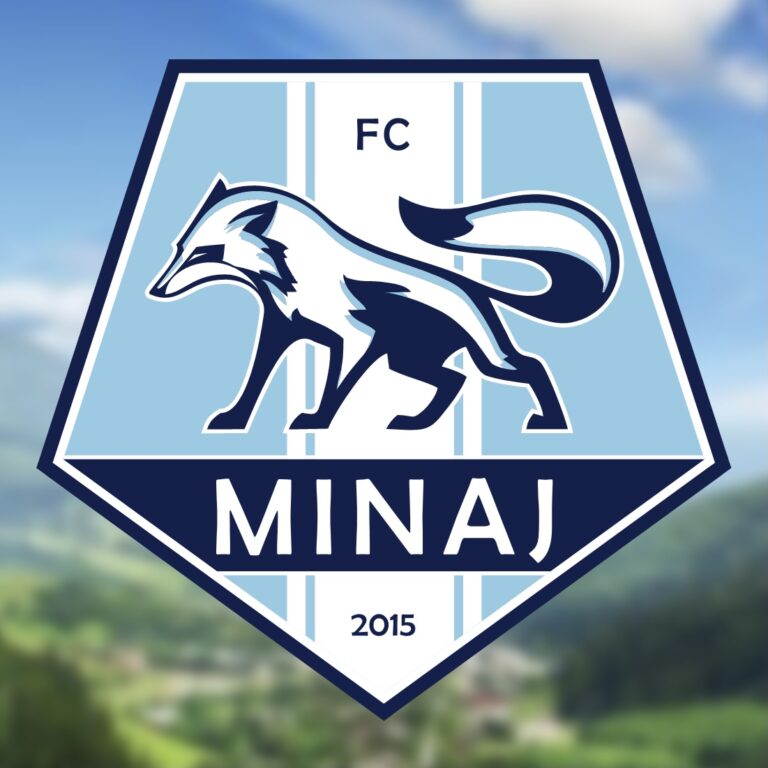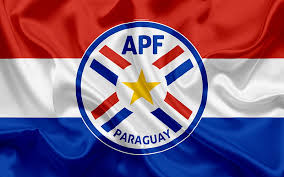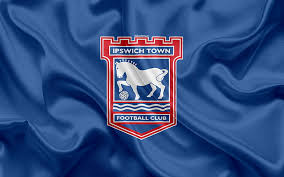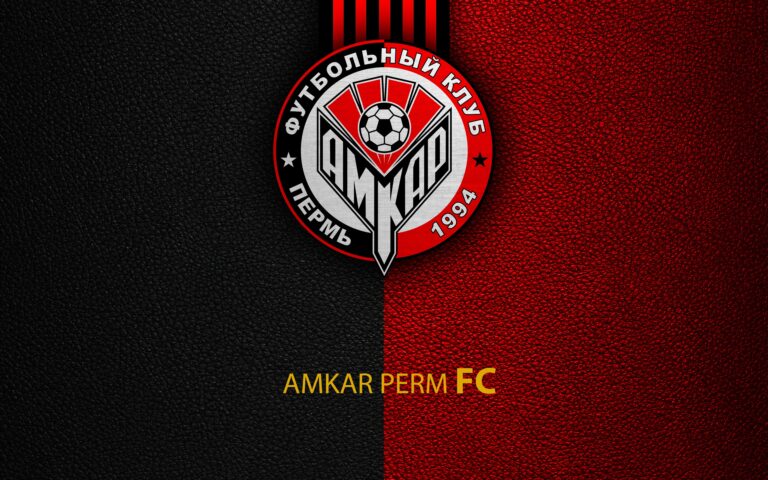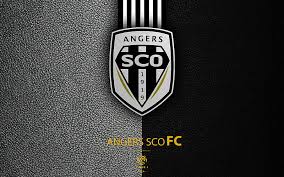
Angers FC
Angers FC, a prominent football club based in the historical city of Angers in France, has made its mark in the world of professional football. Founded in 1919, the club has experienced various ups and downs throughout its history, encapsulating the essence of dedication, community spirit, and the unyielding pursuit of excellence. This blog post delves into the rich history, notable achievements, player development, fan culture, and future prospects of Angers FC, providing an in-depth look at what makes this club truly unique J88.
The Historical Background of Angers FC
Understanding the history of Angers FC is crucial to appreciate its current standing in French football. The club’s journey mirrors the evolution of football in France over the past century.
Formation and Early Years
Angers FC was established in 1919 under the name “Angers Sporting Club de l’Ouest.” The early years saw the team participating in local leagues, helping to lay the foundation for its identity as a community-focused club.
The club’s initial foray into competitive football began in the late 1920s, where it quickly rose through the ranks of regional competitions. Community engagement played a vital role during these formative years, as local residents rallied around the team, supporting their endeavors both on and off the pitch.
Transition to Professionalism
In the 1930s, as football evolved into a more organized and professional sport, Angers FC adapted accordingly. They joined the French professional league system in 1933, marking a significant milestone in their history.
The expansion into professionalism allowed the club to attract better talent and improve its infrastructure. During this period, Angers FC developed a reputation for nurturing local players, fostering homegrown talent that would become the backbone of the team for generations.
Post-War Achievements
Following World War II, Angers FC emerged with renewed vigor, culminating in a series of impressive performances in Ligue 1. The club finished as runners-up in the French top-flight league in 1957 and 1971. These achievements solidified Angers FC’s position among the elite clubs in France during that era.
This success brought attention to the club, establishing it as a formidable competitor in French football. It also set the stage for the next wave of talent to emerge, as young players aspired to don the Angers FC colors and continue the legacy of excellence.
Notable Achievements and Trophies
Throughout its history, Angers FC has had its share of triumphs and accolades that are worth celebrating. This section explores some of the most significant achievements, showcasing how the club has carved out its place in the annals of football history.
Domestic League Performances
One of the hallmarks of Angers FC’s history is its consistent presence in France’s top tier of football. The club has participated in numerous seasons of Ligue 1, amassing a wealth of experience against the best teams in the country.
While they may not have accumulated an extensive trophy cabinet compared to some of their rivals, their second-place finishes in Ligue 1 highlight their ability to compete at a high level consistently. These performances often reflect the hard work, resilience, and determination that characterize the club and its players.
Cup Competitions
Angers FC has also seen success in domestic cup competitions, particularly in the Coupe de France. Winning this prestigious knockout tournament signifies not only a club’s skill but also its heart and tenacity in challenging scenarios.
Over the years, the club has advanced deep into several editions of the Coupe de France, earning respect and admiration from fans and rivals alike. These cup runs often feature memorable moments, showcasing the magic of knockout football and providing fans with unforgettable memories.
European Adventures
Although Angers FC has had limited exposure to European competitions, their participation has highlighted the club’s ambition to challenge itself on a larger stage. During the 1970s, Angers FC reached the quarter-finals of the UEFA Cup, putting them on the map as a competitive force in Europe.
